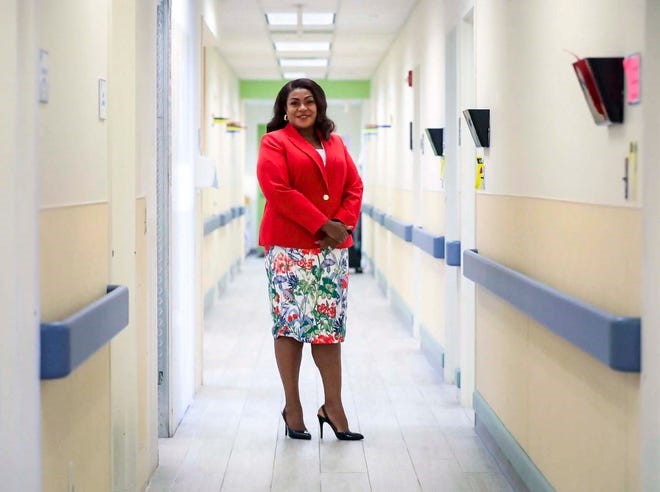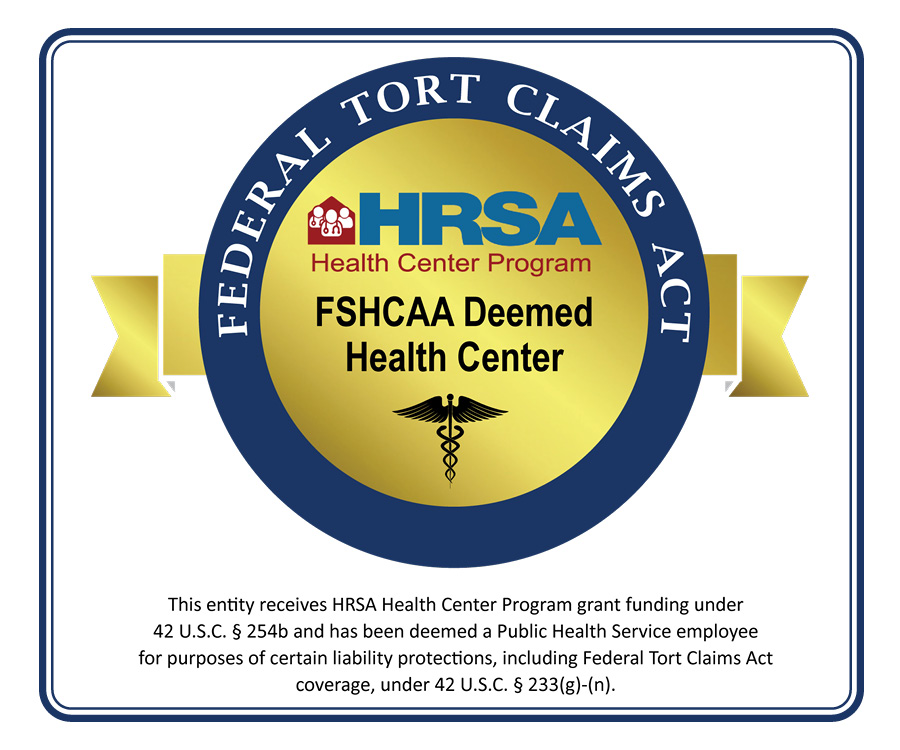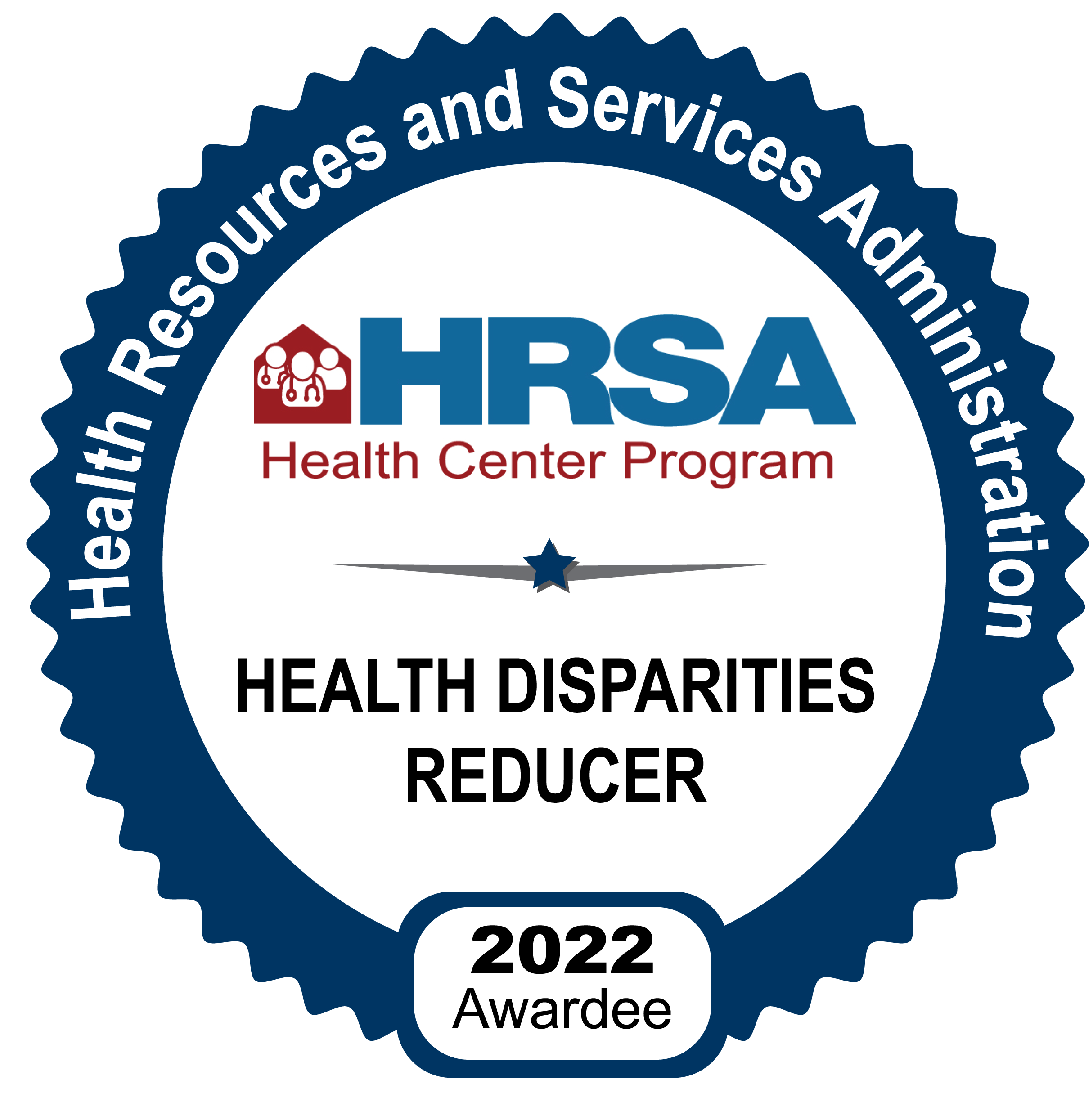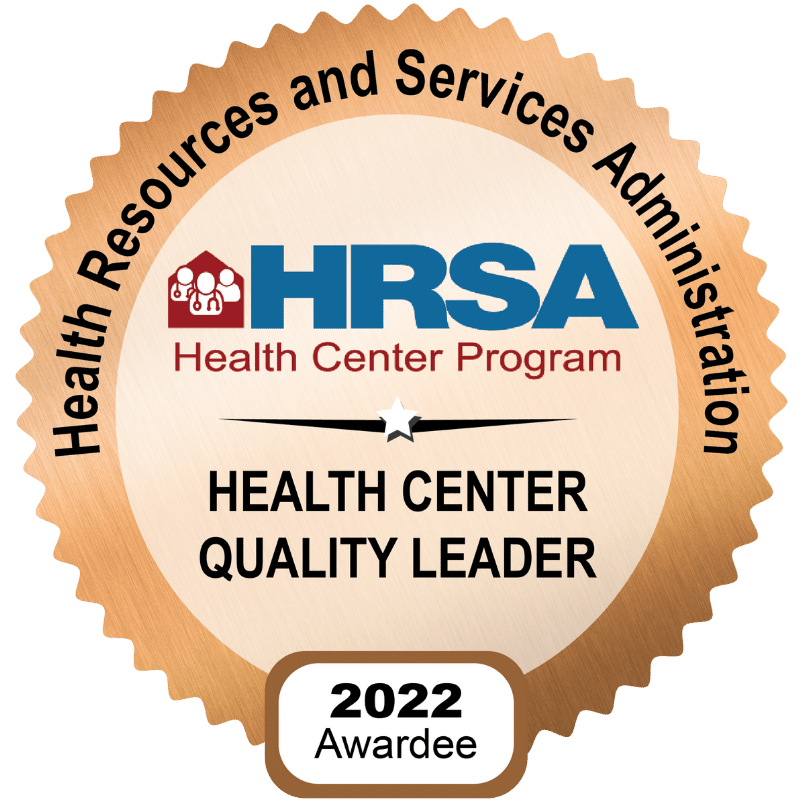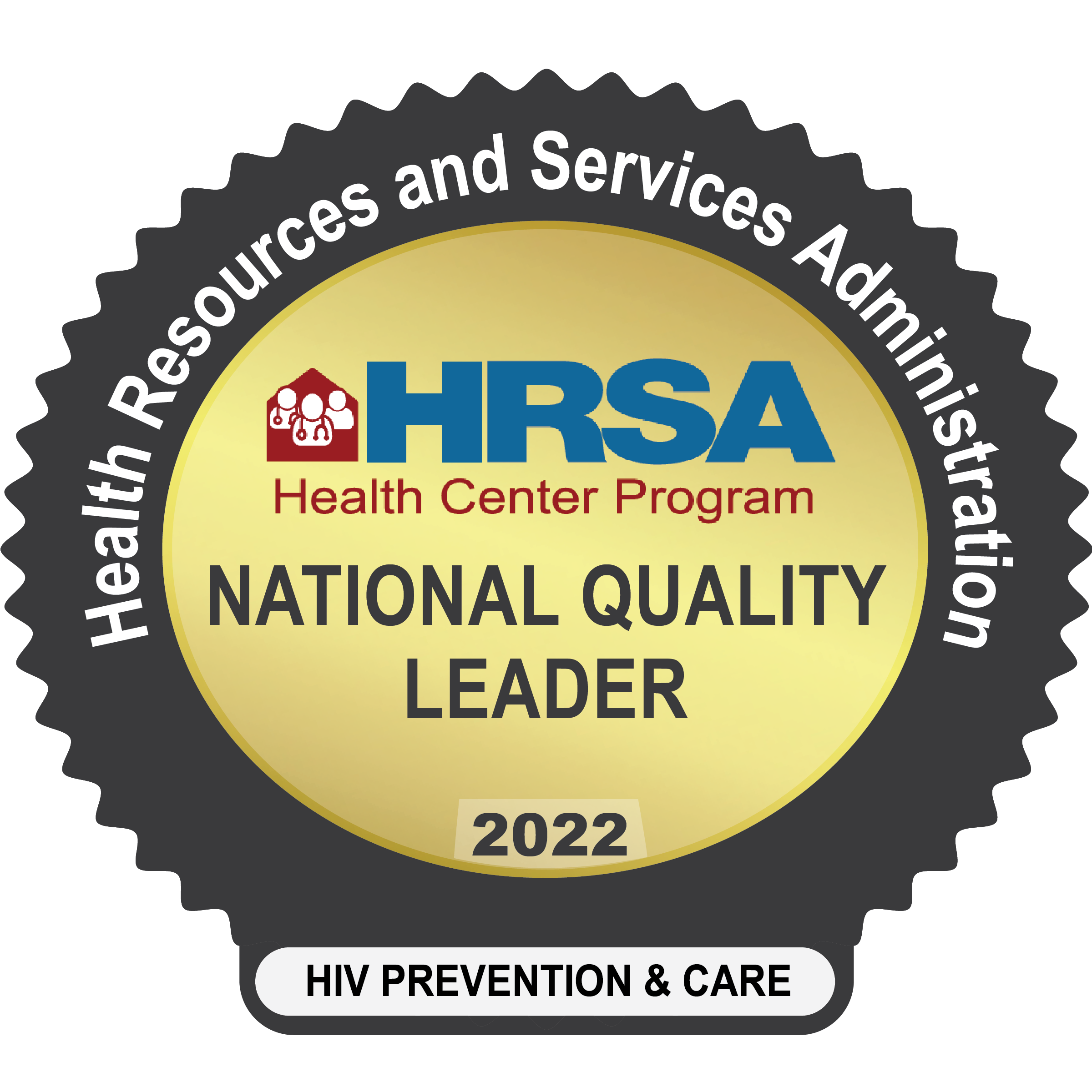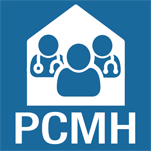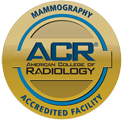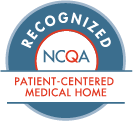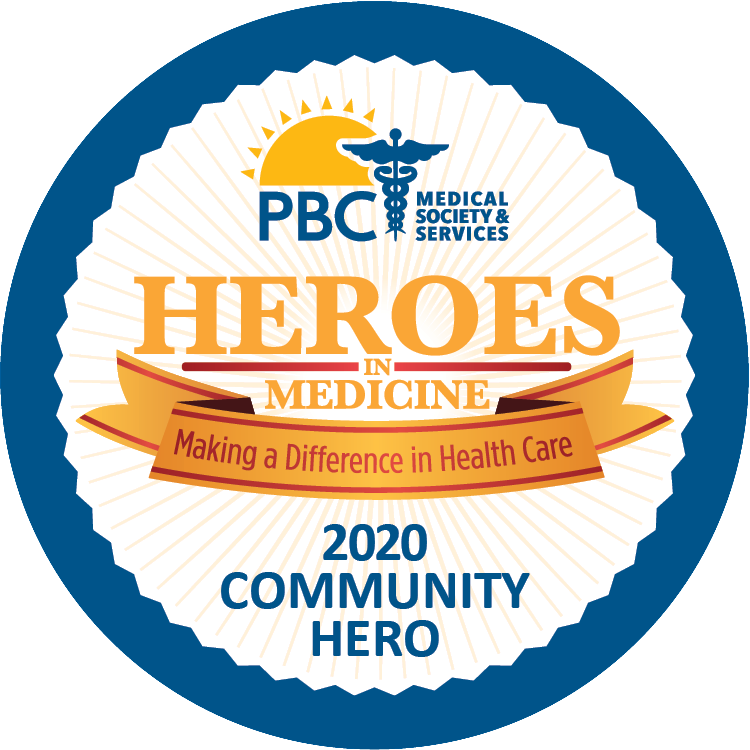Yolette Bonnet is CEO of FoundCare in West Palm Beach. The group’s first, and only, leader will retire at the end of January. BRUCE R. BENNETT/ PALM BEACH DAILY NEWS FILE
Larry Keller Special to Palm Beach Post - USA TODAY NETWORK
Published Dec 27, 2021
PALM SPRINGS — Born in Haiti, reared in an impoverished South Bronx neighborhood and a mother of four by 26, Yolette Bonnet embarked on an unlikely life journey that took her to a job at the helm of a multimillion-dollar Palm Beach County health care agency.
After nearly 20 years overseeing tremendous growth, Bonnet is retiring Jan. 31 as the first and only chief executive of the nonprofit FoundCare.
“I’m not leaving town. Eventually, I’ll probably be a little bit more involved,” said Bonnet, 60. “But I just figured I should take some time and breathe and kind of reinvent myself.”
Based in Palm Springs, FoundCare is what is known as a federally qualified health center. These are community-based health care providers that get federal funding to help them dispense medical services to underserved and isolated populations on a sliding fee scale, based on the patient's ability to pay.
FoundCare also has satellite facilities in six other county locations, most recently on Okeechobee Boulevard in suburban West Palm Beach.
When the coronavirus struck Palm Beach County last year, FoundCare drew widespread attention when it began the first free drive-through testing site in Florida. “We were just trying to better protect our patients and medical staff” from transmission of the virus," Bonnet said.
FoundCare had to suspend appointments the next day because demand far exceeded the number of test kits.
In less than two decades, the nonprofit has gone from scheduling 16,000 patient visits with a $3 million budget to more than 156,000 patient visits with a $40 million budget.
In addition to federal funding, FoundCare also receives money from grants and state and local sources. When the pandemic began upending lives in March 2020, for example, FoundCare received $50,000 from the Community Foundation for Palm Beach and Martin Counties.
“We know how to beg really well,” Bonnet said with a laugh.
“The CEOs of these organizations have to be incredible fundraisers. They have to be community people. They have to be politically savvy,” said Andrew Behrman, president and CEO of the Florida Association of Community Health Centers, a statewide advocate for health care centers such as FoundCare.
“Yolette was just one of those people that were able to bridge all of that together and make it work for FoundCare. It has gone from nothing to where it is today because of her leadership.”
Resilience was part of the journey
Bonnet’s background didn’t suggest this path. Her father was a lawyer and school principal in Haiti. After her parents divorced, her mother, Brigitte Bonnet, moved to New York City and her daughter joined her in the early 1970s.
They lived in the South Bronx at a time when urban decay was pervasive, with abandoned and burned-out buildings. Drugs and crime were rampant. It was culture shock for Bonnet, whose family had a maid in Haiti, where she was driven to school.
“I think that’s what made me resilient,” Bonnet said. “It was part of the journey.”
Bonnet’s mother worked as a seamstress and also part-time cleaning houses so she could pay tuition for her daughter to attend an all-girls private Catholic school in Manhattan.
“Because I saw my mom struggle, I wanted to make her proud. Everything she had, she gave me.”
Yolette Bonnet drew the inspiration that led her to build FoundCare into a leading health nonprofit from her mother, Brigitte Bonnet, who worked two jobs to provide for her family before suffering a massive stroke.
When she was 16, Bonnet began working after school at a clothing factory. She studied her lessons while riding the subway there. She’d get home around midnight.
“I lost so much weight. I was a size 0,” she said, laughing now at the memory. She did this for about eight months before her mother insisted she quit.
When she was 19, Bonnet was married. At 20, she gave birth to her first child.
“By the time I was 26, I had three kids under the age of 4 without a college degree. (My mother) came to my house one day … and she was angry, upset … she wanted her daughter to make more of her life than she had.”
Bonnet didn’t want to disappoint her mother. She got a bachelor’s degree in accounting, and followed that with an MBA despite an interest in social work because “I’m a very practical person.”
She had been working in health and social services-related jobs for some time, doing work that included tracking down people who had tested positive for venereal diseases or been in contact with somebody who had.
But it was the death of her best friend — her mother — from a massive stroke at 59 that motivated Bonnet to reassess her life. Her mother never had health insurance.
“That was the worst time of my life. When she passed away, the pain was unbearable.”
“I realized my mom had a lot of deferred dreams,” Bonnet said. “I wanted to live in the tropics because that’s where I was from. So I decided, OK, I’m going to explore that possibility.”
That’s when she saw a position available at the Comprehensive AIDS Program, or CAP, a social service organization in West Palm Beach. She was hired as its executive director in 2001.
The following year, Bonnet simultaneously headed a new organization, FoundCare Inc., created to provide similar health care services as CAP, but to a broader array of patients. The organizations formally merged several years later.
Today, FoundCare provides services that include adult primary and pediatric care, mammography screenings, dentistry, X-rays, an in-house pharmacy and counseling. Satellite clinics don’t offer every service.
There is a niche for federally qualified health centers such as FoundCare not only because some people are uninsured, but also because many doctors don’t want to accept Medicaid patients they say they are reimbursed too little for, Bonnet said.
FoundCare and others are able to pay physicians a higher rate because of their sliding scale allowing patients to pay at a level based on their income.
FoundCare also does lab tests at all its sites, sparing patients having to travel from a doctor to a lab. The nonprofit has its own pharmacy and receives medications at a discount, which is passed on to patients. If patients don’t have a way to pick up their prescriptions, FoundCare will deliver them, Bonnet said.
All of this enables patients with transportation and mobility issues “to come to a location where it’s a one-stop shop,” Bonnet said.
None of this surprises Behrman. He knows Bonnet well since she serves on his executive board, which she also is leaving.
“I’m going to miss her a lot. (But) she will continue to be one of those go-to people for me as president and CEO of the association,” he said.
“(Association members) know if Yolette says it, it’s the truth,” Behrman continued. “In our business, there’s no room for B.S. There are too many lives at stake, working with patients.
“Yolette has always had patients first, so people listen to her.”
Article provided by the Palm Beach Post.
Click here to view the Palm Beach Post's eEdition (Login Required).

